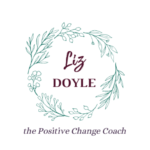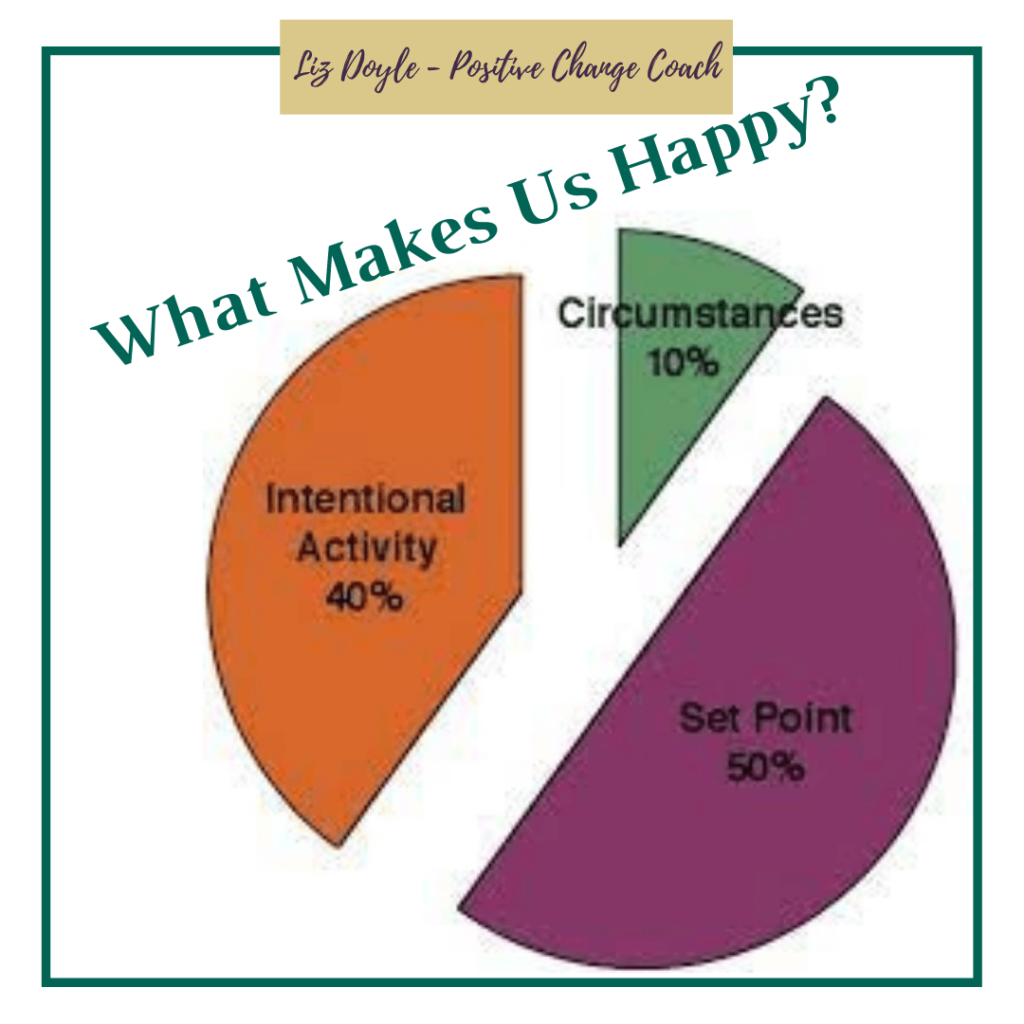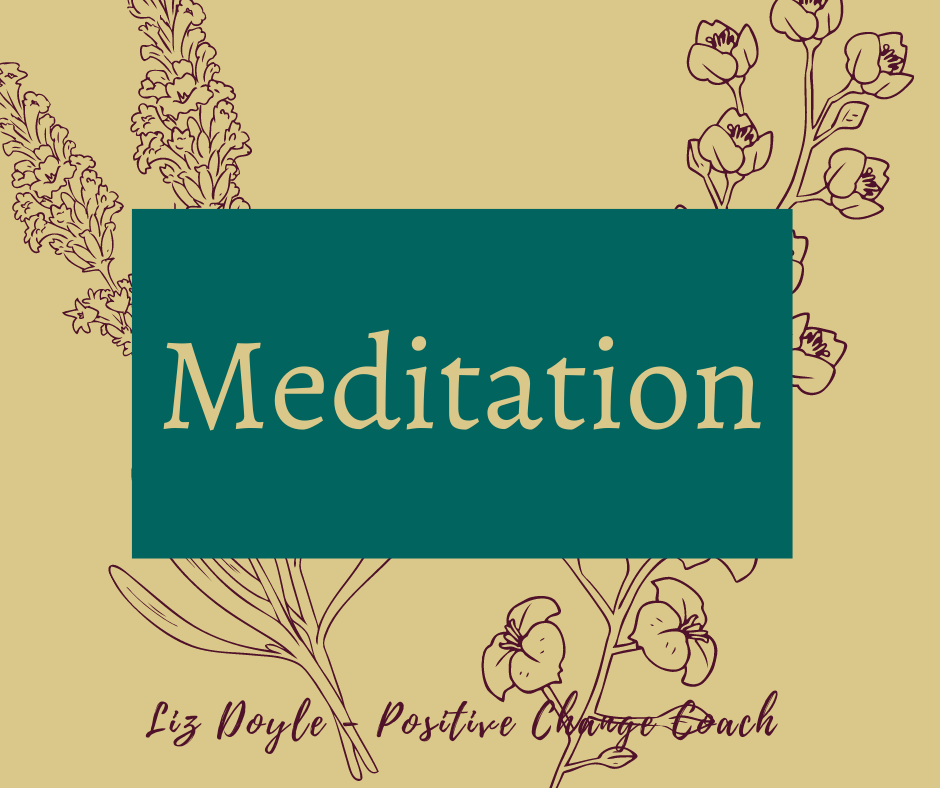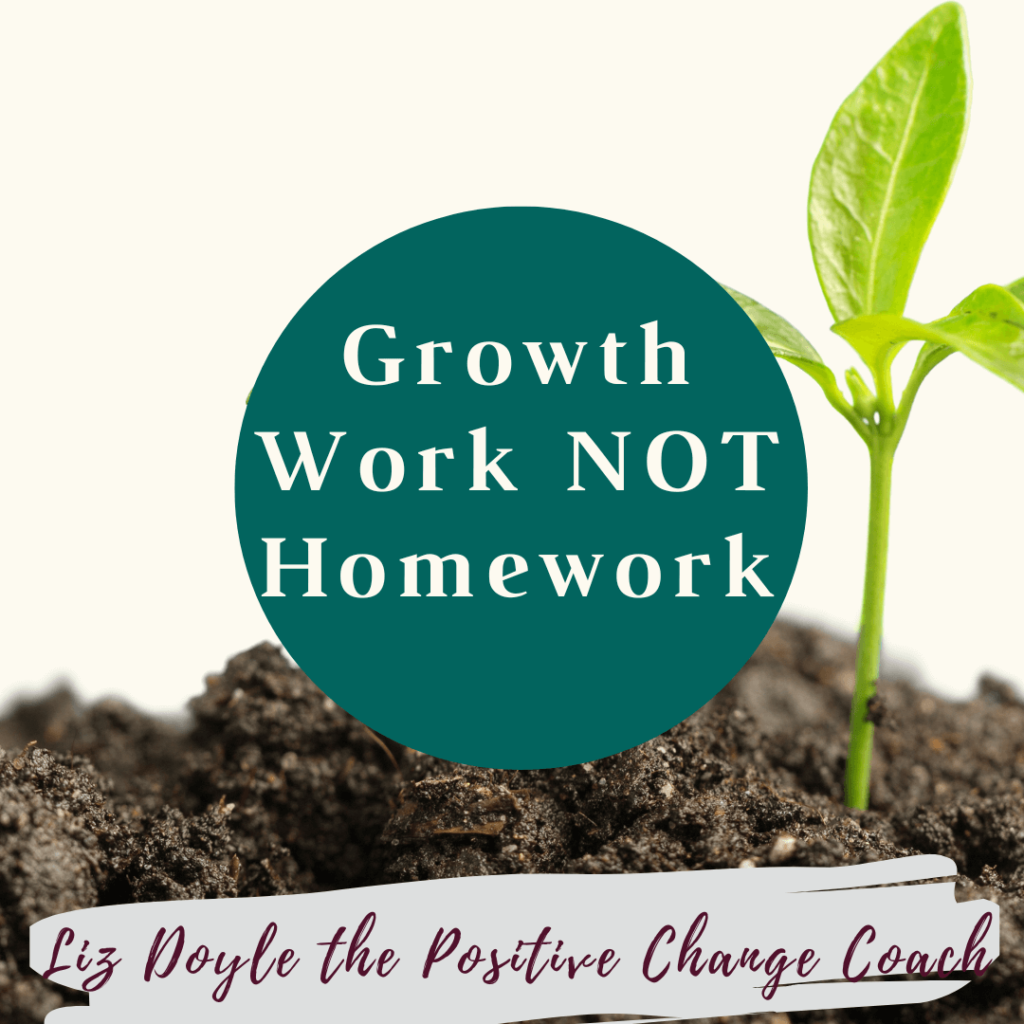What Makes You Happy?
I have recently started a course called “Science of Happiness” and although there is so much I already know about this subject, I love it when it’s actually backed up by scientists researching the subject. And I can always learn more, of course!
Sonja Lyubomirsky, Professor in the Department of Psychology at the University of California, Riverside and author of “The How of Happiness: A Scientific Approach”, developed a theory with colleagues that answers this question of what are the most important determinants of happiness?
You’ll see her pie chart: It is very simplistic – numbers that are averages and approximations from lots of past studies.
Approximately 50% of the variance in happiness is due to our genes. Basically, some of us have happier genes! Approximately, 10% lies in our life circumstances; some studies show it’s from 8% to 18%.
We all differ in our life circumstances – some of us are richer, some of us are poorer, some of us are more or less attractive, and more or less healthy. That does play a part in our happiness. But, not as much as you might expect. I was quite surprised that the number was so small. I think we tend to think “I’ll be happier when I have… a new job, a partner, new home, a baby” etc. But the research shows that those things don’t affect our happiness as much as we think they will (something I already knew but I loved seeing the research).
That leaves approximately 40% of happiness, which is under our control to change.
Sonja Lyubomirsky’s book, and her work is really about how do we harness that 40%? What is it that we can do, think, behave in our daily lives that can affect our happiness level?
Researchers have looked at what happy people do
They study happy people and what the research shows is that happy people are;
really good at relationships – they have stable, fulfilling relationships, partnerships, friends, even with their pets
more grateful, and are more helpful and philanthropic
more optimistic about the future
more likely to live in the present
people who tend to savour pleasures in their life
habitually more physically active
often spiritual or religious (spirituality and religion aren’t a prerequisite for happiness, but it is correlated with happiness)
deeply committed to goals – they have significant meaningful life goals that they are pursuing, whether it’s how they raise their children, building a house, or advancing in their career etc
These are correlational studies so, of course, nothing is set in stone. But the question of how to become happier is an interesting scientific one.
Another renowned psychologist Barbara Fredrickson, Professor of Psychology at the University of North Carolina, and a leading researcher of positive emotions explained how positive emotions are more than just fleeting, frivolous sensations. They can profoundly change our minds and bodies, broadening our perspective and make us more resilient to setbacks.
The Power of Meditation
With this in mind, her research on meditation looks at how people might use meditation to elevate positive emotion. Meditation plays a major part in my life and has made a profound difference to what I see as my happiness quota. It also plays a major part in my own coaching, and I suggest that my clients introduce meditation into their daily practice as soon as we start working together. In fact, I send them my recordings as part of their growth work.
Barbara Fredrickson became particularly interested in a form of meditation called loving kindness meditation, also called Metta. It asks people to cultivate that warm, tender feeling that you already have towards a loved one or even a pet and learn to direct it towards: yourself at first and then towards a loved one, then a neutral person you don’t really know and then a person you have difficulties with and eventually to direct it to all people and sentient beings on the planet.
What she learned from her research on love and kindness meditation is that positive emotions can change. Novice mediators, over the course of 8 weeks, their positive emotions subtly shift upwards. It’s not a huge increase but it’s statistically significant and it has an important impact on these people’s lives months later. What she learned is that as people’s positive emotions increase, their ability to stay in the present moment and attend to subtle differences improved. Their close and trusting warm relationships with others are improved over the course of 3 months; these are things that was measured before they took the meditation workshop and then a couple weeks after it ended, and they saw improvements there.
There are improvements in people’s resilience, their ability to bounce back from difficulties and effectively manage their environmental challenges. There are reductions in people’s headaches, pains, stomach pains, or self-reported health problems and in their newest study they’ve found changes in heart rate variability.
She states that positive emotions transform us for the better – it’s like that butterfly coming out of its cocoon (an analogy I also use in my coaching). If we increase our daily diet of positive emotions, we come out 3 months later, stronger, more resilient, more socially connected versions of ourselves and dare I say it, happier.
This was, of course, so aligned with my own beliefs and with how I work with women on my online coaching. I’d love to know what you think of this so please get in contact with any feedback and tell me what makes you happy?
To find out more about my coaching follow this link to book in a private and confidential call.
What Makes You Happy? Read More »



